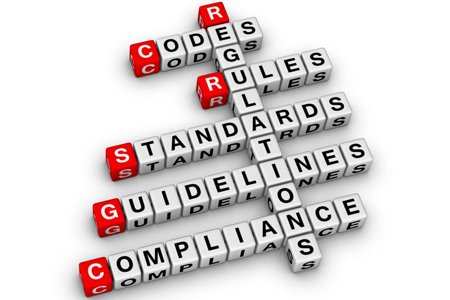The Seen and the Unseen
In his book the Seen, the Unseen, and the Unrealized, Dr Bylund discusses that which is seen in the flow of money, and that which is not - the unseen. Thus, you see that when one person gets money, he/she then spends it somewhere else, and the next place then spends that money somewhere else, and so on, and so forth. You can literally trace where the money is flowing. This is seen. The example Bylund gave in the book was about a shopkeeper's son breaking a window. The shopkeeper then had to spend 6 francs to fix the window. The glazier then spent 3 of those francs to buy ice cream. The ice cream parlor then spend 1.5 of those to invest in better dairy, and the dairy farm used .75 to invest in a better breed of cattle. If we solely look at "the seen," we would say that this is beneficial for the economy because money is being distributed and people are benefitting as a result. We forget, however, that those 6 francs were most likely going to be used for something else. That would be known as the "unseen." Since the shopkeeper must spend the money to fix the window, he is not able to spend it where he would have - the example was to buy shoes (Bylund, p. 78). Thus, when you take a step back and look at the bigger picture, you see that it is not simply beneficial to just break windows because it is good for the economy. The other side of the story, the unseen, would have benefitted the economy and there still would have been a flow of money, it just was not able to happen because the shopkeeper was forced to spend it elsewhere.
What are my thoughts?
I think that this is a very interesting way to think about things. It shows us that the economy is not just this cut and dry, always predictable thing. However, if one was to attempt to look at things from the perspective of the seen and the unseen, then they might have a better grasp on what will happen in the future. This would be of great benefit to businessmen and the like.
The Unrealized
In chapter 9, Bylund discusses policies and the effects that they have on the consumers. However, oftentimes these are "unrealized." Policies limit choices that consumers can make, but consumers do not realize this (Bylund, p. 137).
What are my thoughts?
I think that is important to know policies, especially the ones that effect one's self. Far too often, we as a people simply go and do because it is what we are told and we do not question it. However, I believe that we should know certain policies and not simply be robots and do what we are told all of the time. There is time for change, and it is needed, but that will not happen if we do not have a proper understanding of different policies.
Sources:
BYLUND, P. E. R. L. (2018). Seen, the unseen, and The Unrealized: How
regulations affect our everyday lives. LEXINGTON Books.

Congratulations @dylangrimes00! You have completed the following achievement on the Hive blockchain and have been rewarded with new badge(s) :
Your next payout target is 50 HP.
The unit is Hive Power equivalent because your rewards can be split into HP and HBD
You can view your badges on your board and compare yourself to others in the Ranking
If you no longer want to receive notifications, reply to this comment with the word
STOPTo support your work, I also upvoted your post!
Check out the last post from @hivebuzz: